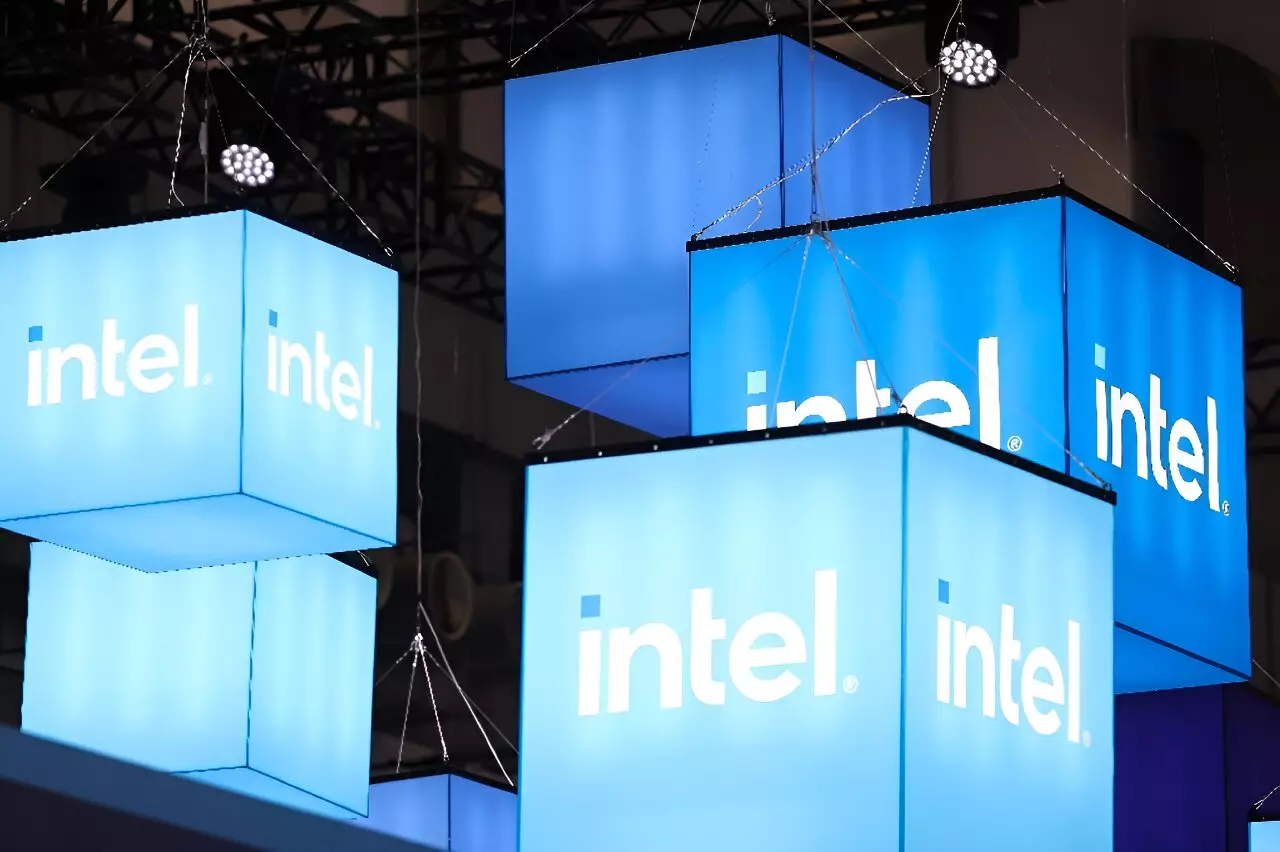Intel, a leader in the semiconductor industry, recently announced a significant shift in its manufacturing strategy, opting to delay the construction of two massive chip factories in Germany and Poland. This decision comes as the company grapples with an unexpected decline in demand for its products. This setback impacts not only Intel but also the governments of Germany and Poland, which invested heavily in these projects, viewing them as cornerstones of their national economic growth and technological advancement.
The postponement of Intel’s European endeavors represents a substantial economic blow to both nations, which had anticipated job creation and technological buildout as a result of these factories. German officials had previously engaged in extensive negotiations with Intel, aiming to secure favorable conditions for the company to begin construction, only to be met with delays linked to soaring inflation triggered by geopolitical tensions, notably the war in Ukraine. After months of bargaining, a deal was finally reached in June 2023, increasing Germany’s financial commitment to the project by three billion euros, bringing the total subsidy to almost 10 billion euros.
The ramifications of these delays can lead to uncertainty in the local job markets and potentially deter future investments from other tech firms. The postponement raises concerns about the region’s ability to maintain its competitive edge in semiconductor production, especially as global supply chains have become increasingly unpredictable due to the pandemic and political unrest.
The decision to halt factory developments in Europe comes amid a growing recognition of the vulnerabilities within the global semiconductor supply chain. With the EU aiming to enhance domestic production capabilities and reduce reliance on Asian manufacturers, Intel’s scaling back is a noteworthy development. The demand for semiconductors, essential components in various technologies from smartphones to military hardware, has become increasingly critical. The ongoing situation underlines the urgency for Europe to bolster its manufacturing ecosystem to alleviate dependency, a lesson learned during pandemic-induced shortages and heightened by the ongoing conflict in Ukraine.
Hurdles remain for Intel, particularly in Poland, where the company had previously secured $1.8 billion in support for building a semiconductor facility near Wroclaw. Without progress on this front, not just the economic landscape of Poland is jeopardized; it also jeopardizes the EU’s broader ambitions to establish itself as a key player in the global semiconductor market.
Despite the setbacks in Europe, Intel maintains a strong focus on its projects in the United States, particularly in light of the recent announcement of receiving up to $3 billion in funding from the US government. This funding is aimed at bolstering semiconductor production for the US military and enhancing the resilience of the national technology supply chain. Intel’s CEO, Pat Gelsinger, confirmed that production capacities in Ireland would continue to operate as the company’s primary European hub, indicating a strategic realignment towards strengthening its operations closer to home.
While Intel’s delay in European projects sends ripples through the economic plans of Germany and Poland, it also underscores the importance of strategic adaptability in the face of a rapidly evolving global marketplace. As countries prioritize semiconductor production, the need for local manufacturing capabilities has never been more evident.

